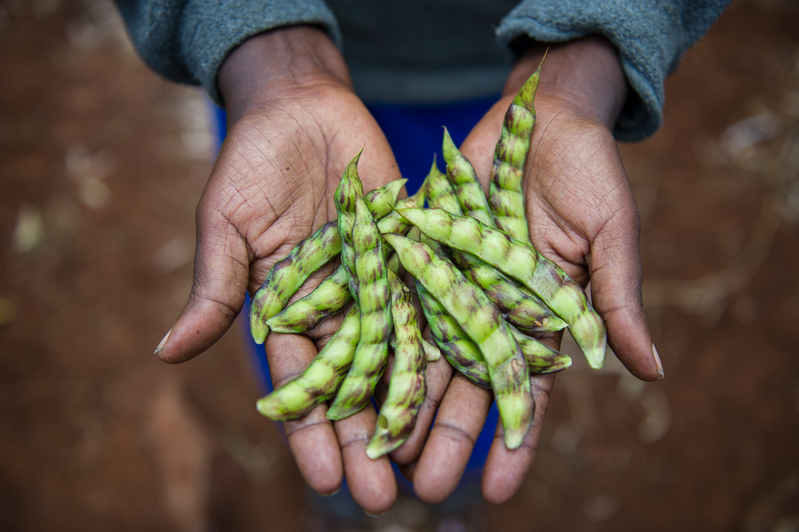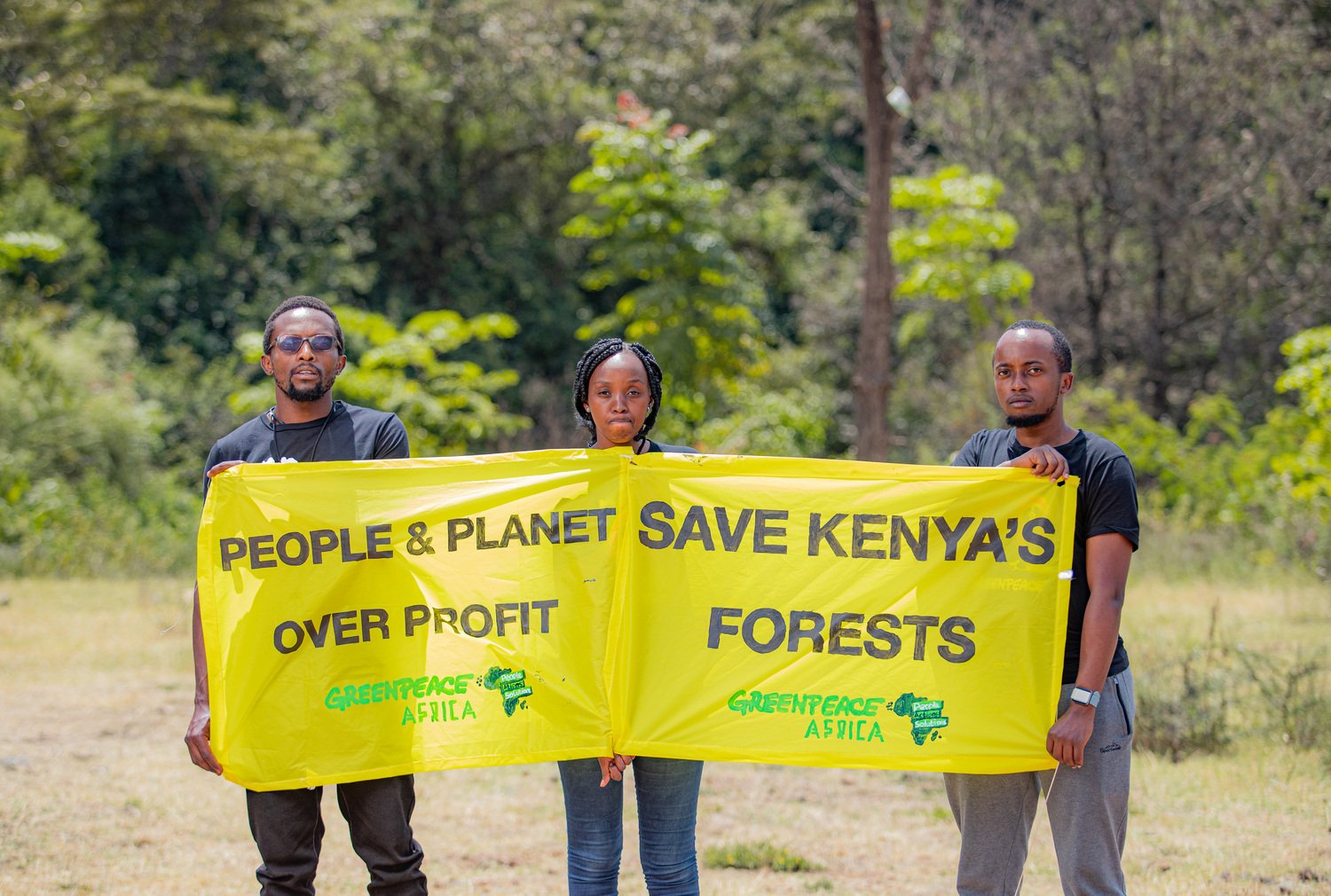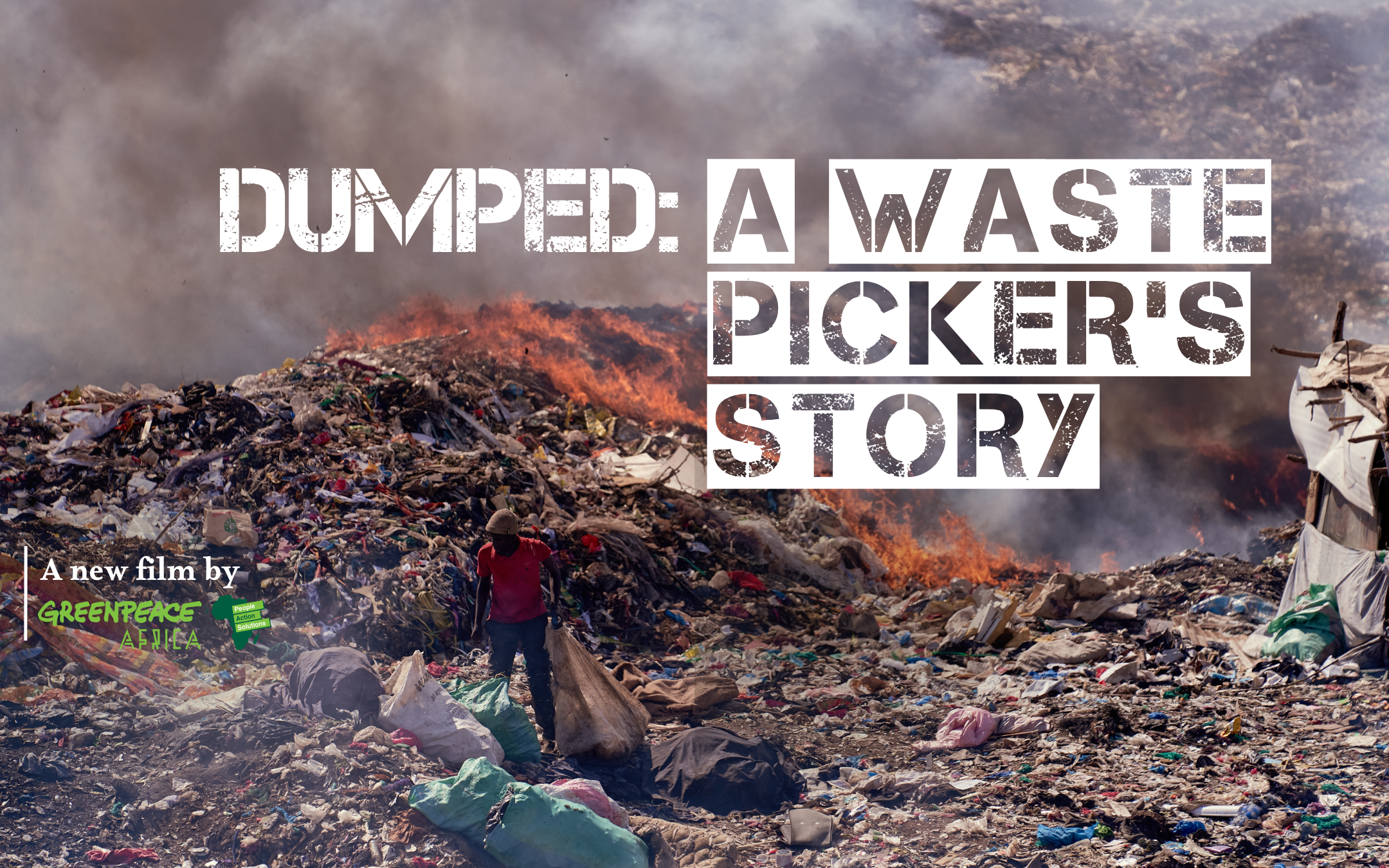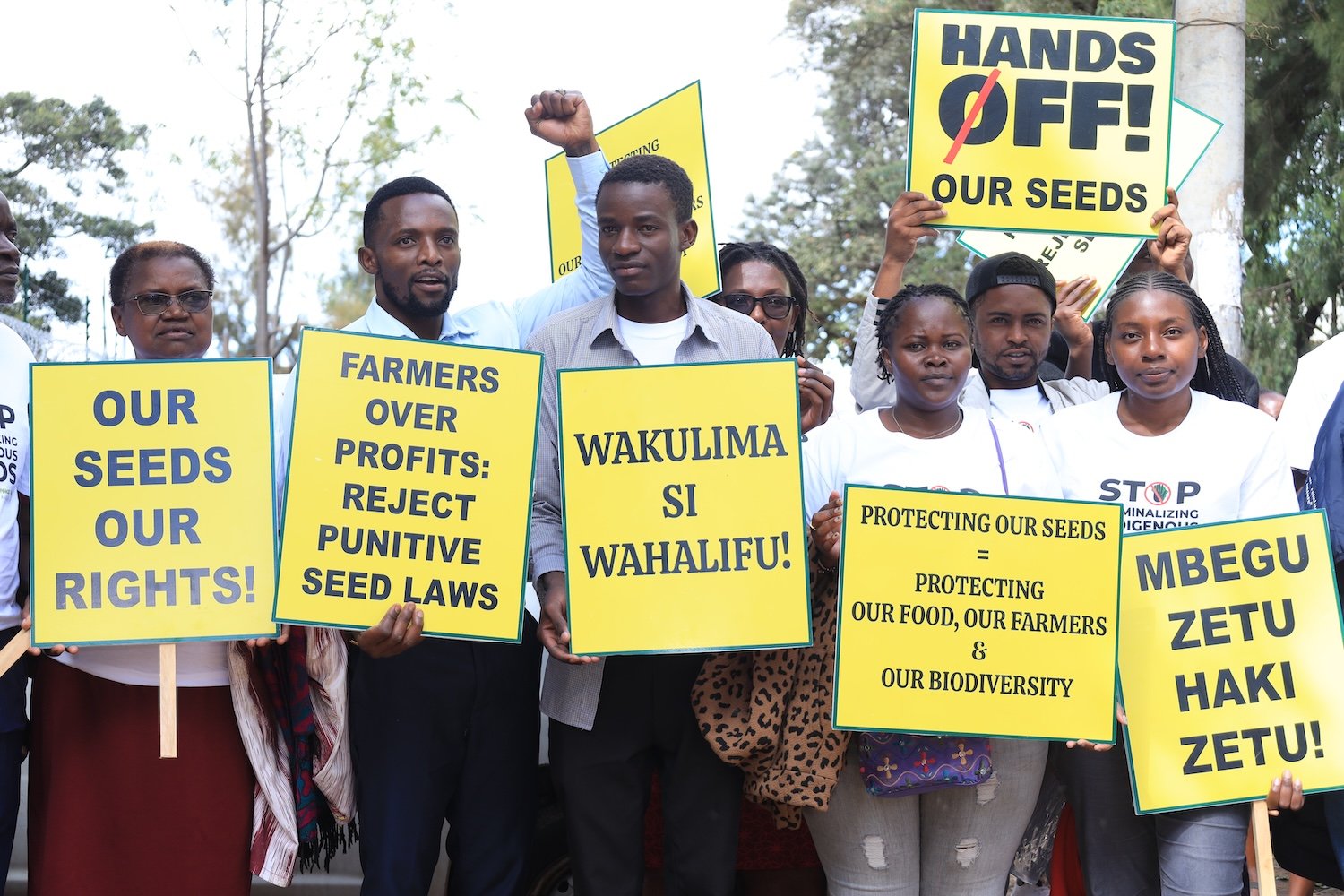Kenyans have stepped up for over two months now and taken bold actions in the face of COVID-19 crisis. Many have woken up to the reality that we have been operating under broken systems. For instance, there has been a rush to fix Kenya’s healthcare systems. Kenyans are realising that our food system is not resilient enough to take us through such unprecedented shocks. The COVID-19 crisis has exposed the huge levels of inequality that exist among us. We are waking up to the fact that we cannot go back to ‘pre-COVID’ ways. There is a need to use this crisis as a springboard to face the future afresh and in a better way.
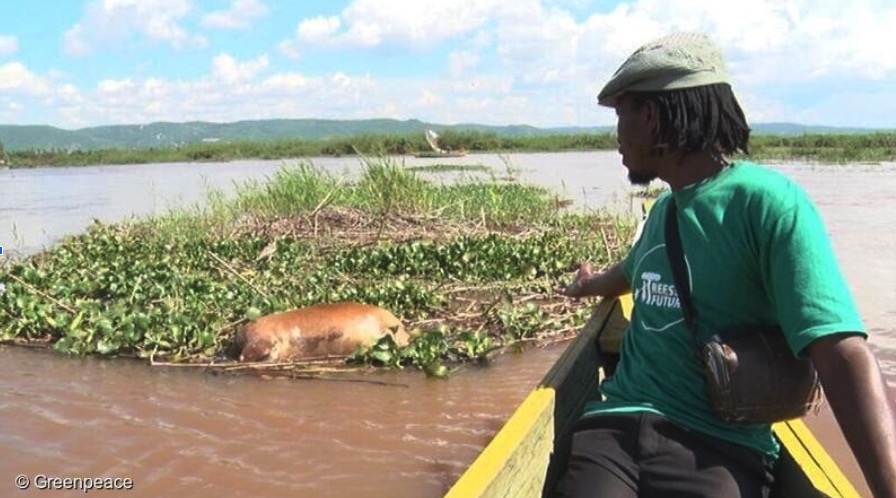
Mending our food system must be a priority among the responses to COVID-19. Kenya has failed to develop its agricultural system to ensure food security. There is a high dependency on food imports that the government has had to commission importation of maize during this period of multiple crises. Kenya continues to be food insecure because there has been inadequate support for the farmers to produce enough to feed this country.
For years, small-holder farmers have been facing a lot of challenges that have not been adequately addressed. Today, farmers are crippling with multiple crises. It is planting season, yet floods are causing havoc. The second wave of locusts is ravaging their farms. To avert another possible crisis in the name of famine, there is an urgent need to support farmers especially at this time to secure food availability during and after COVID-19.
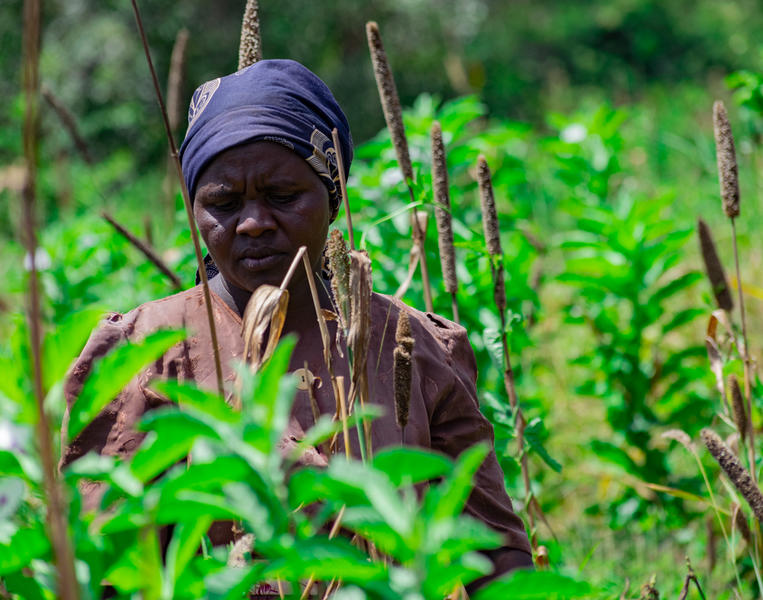
COVID-19 is already causing devastating impacts on the livelihoods and lives of many Kenyans. But terrifyingly, it is a mere rehearsal for what awaits Kenya if our response fails to consider safeguarding rural livelihoods including our food system. Kenya’s government has a choice: retreat to business as usual and sow the seeds for yet more social, economic and environmental crises, or pass transformative policy that will take huge strides to avert them.
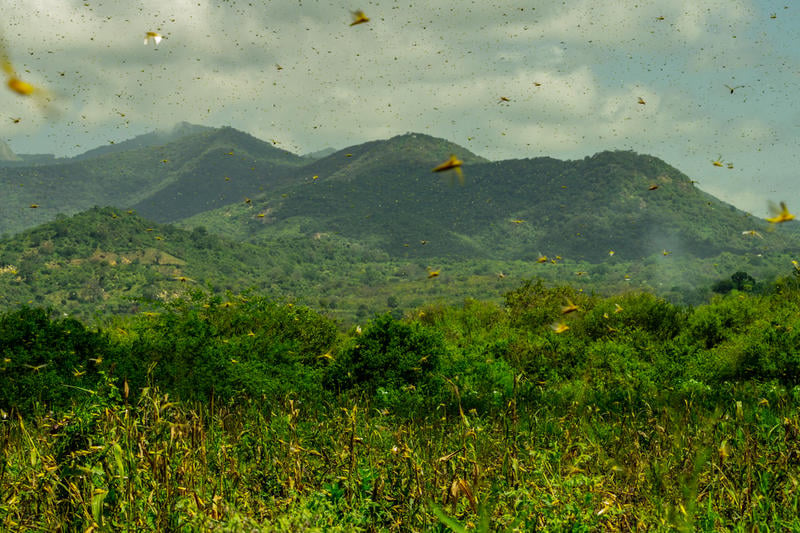
The lessons Kenyans are picking during this period must be important in shaping public policies. Like a sailor on a boat, COVID-19 has presented us with a journey. A journey of sharing and learning. We have an opportunity to experiment new ways, and learn from mistakes. It is from these lessons that we can emerge and co-create the transformational change that is desired to sustain everyone’s future.
